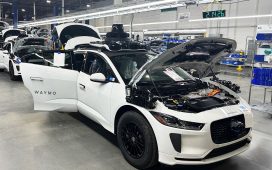Electric Cars: Revolutionizing the Future of Transportation
Electric cars are ushering in a wave of change in the automotive industry, promising a cleaner and more sustainable future. With advancements in technology and a growing focus on environmental consciousness, electric vehicles (EVs) are reshaping the way we think about transportation.
Gone are the days when electric cars were seen as a novelty. They are now a viable alternative to traditional petrol and diesel vehicles, with major automakers investing heavily in their development. The shift towards electric cars is driven the need to reduce greenhouse gas emissions and combat climate change.
One of the key advantages of electric cars is their lower environmental impact. They produce zero tailpipe emissions, which helps improve air quality and reduce noise pollution. Additionally, electric vehicles have lower maintenance costs, as they have fewer moving parts and don’t require oil changes or regular engine checks.
The charging infrastructure for electric cars has also improved significantly, making it easier for people to own and operate them. Charging stations are becoming more commonplace, and advancements in battery technology have increased the range of electric vehicles, alleviating range anxiety.
Electric cars are not only a sustainable solution but also a cost-effective one. While the upfront cost of an electric vehicle may be higher, the long-term savings on fuel and maintenance expenses make them an attractive investment. Governments around the world are also offering incentives and subsidies to encourage the adoption of electric cars.
In conclusion, electric cars are revolutionizing the future of transportation. As technology and infrastructure continue to evolve, we can expect to see more electric vehicles on the roads. With their environmental benefits, cost-effectiveness, and government support, the shift towards electric cars is set to transform the automotive industry and pave the way for a greener, more sustainable future.










